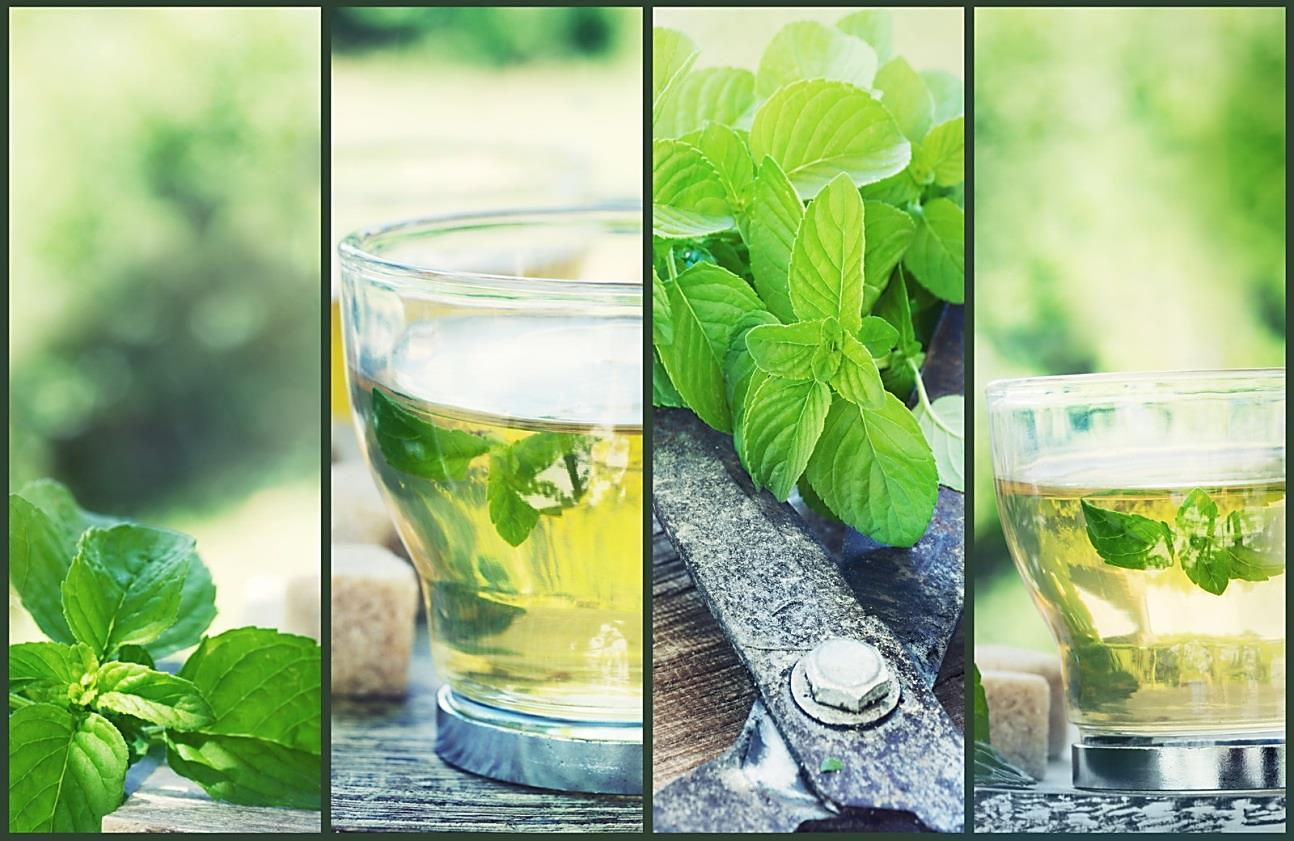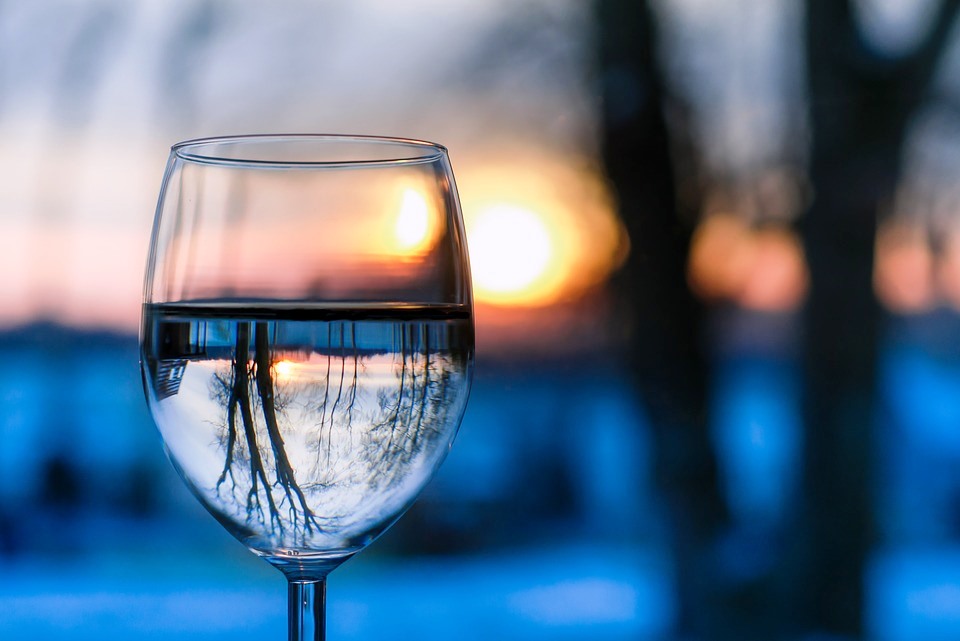
by Belinda Ollewagen | Feb 25, 2019 | water cooler
Last week was #LoveYourPetDay in the # world and it’s wonderful to know that there’s a day dedicated to something that brings so much joy to so many of us! It’s well established how therapeutic having a pet can be, in fact certain companies even encourage a ‘Bring Your Pet to Work’ day as a form of reward and recognition – absolutely lovely if your pet is a dog or cat, not so lovely I’d imagine if your pet is something more slithery or rodent-y, but then again, who are we to judge…
If you are lucky enough to work for a company who encourages such a policy, be sure to bring along everything your pet might need for the day, and very importantly remember that pets , just like us humans, need to remain properly hydrated too, so make regular trips to the water cooler to top up their water bowls. Hmmm, equally important then are regular toilet breaks.
But anyway, back to the benefits of having a pet – and in this case specifically dogs, because we’re a little partial to dogs here in the AquAid water cooler office. Mordecai Siegal said ‘acquiring a dog may be the only time a person gets to choose a relative’ and that’s so true. Research shows that there are physical benefits to having a dog around, from improved cardiovascular health and increased physical activity, to lower cholesterol and decreased blood pressure – not something all relatives can lay claim to. Dogs also help reduce our stress and teach us mindfulness.
As M.K. Clinton said ‘the world would be a nicer place if everyone had the ability to love as unconditionally as a dog.’

by Fern Shaw | Feb 25, 2019 | water cooler
Here at AquAid Water Coolers, we’re always on the lookout for helpful health tips drawn from nature that can accompany your drinking water. We’ve referenced mint before on a few occasions – once in 2015 and again in 2017 and last year – but we’ve never really looked...

by Fern Shaw | Feb 12, 2019 | water cooler
Tough question, this one. Slightly risqué too, we know. But at AquAid we’re a pretty determined and well-rounded (mentally, that is) bunch, so we believe we can tackle this question with aplomb.
The answer is: drinking water is most definitely romantic! Stealing from The Bard, let’s count the ways:
- When you’re parched, whether from a marathon think tank talk at work, from exercise or simply because you lapsed with your hydration, there’s nothing nicer than the feeling of satisfaction you experience when you slake your thirst.
- A feeling of satisfaction can help with releasing endorphins. Water stimulates the flow of nutrients and hormones that release those feel-good endorphins you need to feel happy. Drinking more water will satisfy your thirst and health.
- When you up your drinking water habit and put dehydration behind you, not only do you feel better, but you look better. Drinking enough water isn’t just a health benefit: it plumps up your skin, makes your hair glossy, keeps your eyes clear and bright and generally makes you look and feel more youthful.
The points above are perhaps something to consider this romantic month of February. If you have an intended in mind and would like to be murmuring sweet nothings to them come Valentine’s Day, what could be better than to present yourself at your most appealing – clear eyed, hydrated and healthy. A clear pathway to feeling more romantically inclined.
And the best bit is: even if you don’t have romance in mind, installing a water cooler still remains a very good idea, precisely because it will give you an uninterrupted supply of cool, clear, refreshing drinking water 24/7/365, enabling you and your co-workers, (whether they’re love bugs or not) to not only perform at your best, but look your best too.

by Belinda Ollewagen | Feb 11, 2019 | instant tap, water cooler, water dispenser
The weather is still pretty grim and as much as frequent visits to your office’s instant taps or water cooler might help you stay hydrated, it can be a little challenging to keep drinking that much liquid during the cold winter months; so another option is to up your intake of water-rich fruit and vegetables!
Not only does certain produce help with water intake, but fruit and vegetables are naturally low in fat and calories, and they’re an important source of many nutrients including potassium, fiber, folic acid, Vitamin A and Vitamin C. These nutrients help our bodies maintain healthy blood pressure, reduce blood cholesterol levels, regulate our bowel movements, aid healthy fetal development in women, and protect against various infections – the benefits are endless. For all this, in addition to aiding hydration, it’s easy to see why we should include more of this food type in our diets.
So, if you’re struggling to drink those eight glasses of water each day from the water cooler, consider eating more of the following – in order of highest water content:
FRUIT
Watermelon holds the highest percentage of water at 92%, followed by Strawberries 92%, Grapefruit 91%, Cantaloupe 90%, Peach 88%, Raspberries 87%, Pineapple 87%, Cranberries 87%, Orange 87%, Apricot 86%, Blueberries 85%, Plum 85%, Pear 84%, Apple 84%, Cherries 81%, Grapes 81% and Banana 74%.
VEGETABLES
Cucumber holds the highest percentage of water at 96%, Lettuce (iceberg) 96%, Zucchini 95%, Celery 95%, Radish 95%, Tomato (red) 94%, Cabbage (green) 93%, Tomato (green) 93%, Cabbage (red) 92%, Cauliflower 92%, Peppers (sweet) 92%, Spinach 92%, Eggplant 92%, Broccoli 91%, Carrots 87%, Peas (green) 79% and Potato (white) 79%.
Whether it’s a fruit salad you bring along to the office, or perhaps a home-made soup, be sure to include more of these in your diet and then you won’t need to visit the water cooler dispenser quite that often in the chilly months.

by Fern Shaw | Feb 11, 2019 | Water Boilers, water cooler
We often, somewhat mistakenly, assume that keeping hydrated during winter is less important than in summer. As it turns out, the opposite is true.
In winter, in an effort to keep warm, we rely on using heaters, hairdryers and hats which quite literally suck the moisture and oils right out of our bodies, skin and hair. When we’re outside, low humidity and gusty winds don’t help much either.
The good news though is that there are a number of easy hydration options available to keep you smooth skinned, glossy haired and properly hydrated internally too:
Wear layers
Trapping small pockets of air between layers is better than wearing one big chunky coat. A wool or fleece layer is a good idea, as it will be soft and lightweight, and warm air is more easily trapped in the fibres. Fabrics with a piled, terry or textured finish will also be effective at trapping air.
Exercise and keep hydrated!
The urge to hibernate when it is cold is understandable, without the sunshine outside enabling us to soak up Vitamin D; hibernation is a completely natural reaction. That’s why it’s especially important to keep active wherever you can, whether that involves brisk walks (weather permitting) and other alternate forms of exercise: yoga is a good example – it doesn’t have to be a gym.
Because you also need to keep drinking water when the temperatures dip, try to develop a routine at work where you sip throughout the day. One option whether at home or at work, is to use a smaller glass or water bottle. It may mean more trips to the water cooler, but if you’re walking more, that’s being active and when it’s colder, every step counts.
Body scrubs and oils
Frigid temperatures and dry indoor heat cause water to evaporate from your skin because there’s more moisture in it than in the air. Bundling up doesn’t help matters – all those layers keep skin from breathing. Fight back with a one-two punch of body scrub and moisturising lotion or oil. Once a week, exfoliate with a body scrub to help slough off dead cells that make skin look dull. You’ll also find that giving your skin a brisk scrub will warm you right up too. When skin is freshly exfoliated, lotion and oil are better absorbed. To maintain hydration, smooth on the lotion daily after a shower.*
‘Eat’ your water
Fruit and veggies are packed with water, that high water content adds volume and keeps you satisfied without the calories. Soups are also a great way to sneak in some extra water. At AquAid we offer a range of hot and cold water coolers and water boilers which allow you to make your favourite hot water drink while at work or at home.
Maintain a good drinking water habit
Drinking enough water, as boring as it sounds, is still the simplest route to maintaining good ‘external’ physical health. We need to be well hydrated in order to maintain supple skin and unfrizzed hair.
 Being fussy can help
Being fussy can help
A lot of us just don’t like drinking water, period. Try adopting a different approach. Try drinking your water at room temperature. If you’re into branded gear (this isn’t just a children’s domain), then use your favourite cartoon character branded water bottle to drink from if it makes your happy. Figure out what appeals to you. And since your ability to recognise your thirst worsens as you age, today, early this New Year is a good a time as any to start to begin a ‘maintaining good hydration’ habit.
*updated from an 8 Jan 2015 blog






 Being fussy can help
Being fussy can help